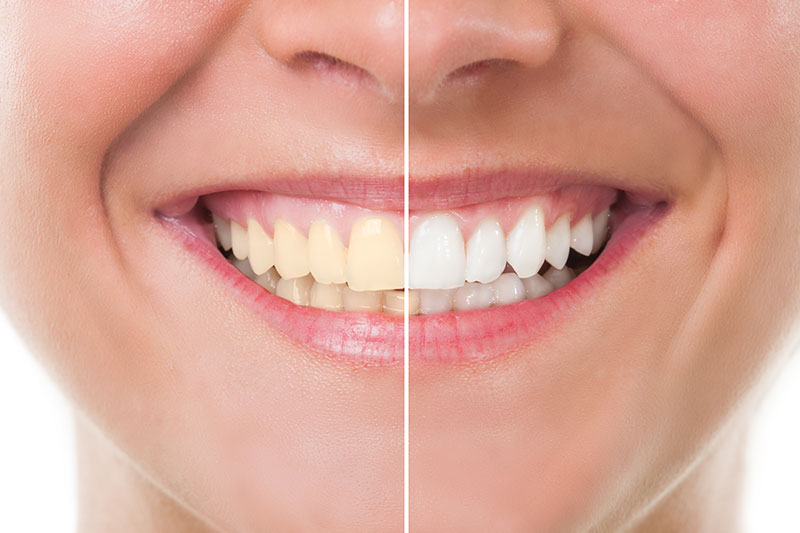What is Sleep Apnea?
Sleep apnea is a potentially dangerous sleep disorder in which a person’s breathing is interrupted during sleep. This can occur dozens of times a night, fracturing a person’s restful sleep and depriving them of oxygen. Effects of this disorder range from daytime fatigue and sleepiness all the way to potentially fatal conditions such as heart failure, stroke or heart attack.
Some people are predisposed to sleep apnea because of a narrowed airway or problems with the structure of the mouth or jaw.
Sleep apnea and a predisposition to sleep apnea are both improved by treatment with a groundbreaking device: the Vivos Biomimetic Oral Appliance from Dr. Shapiro.
Learn more about the types of Sleep Apnea & how to prevent it.
There are three different types of sleep apnea that can affect both adults and children:
- Obstructive sleep apnea (OSA), which happens when something (such as your tongue) blocks your airway during sleep.
- Central sleep apnea (CSA), which happens when your brain does not send the signals to your respiratory muscles to breathe, or when your respiratory muscles ignore those signals.
- Complex sleep apnea (CompSA), which is also called treatment-emergent central sleep apnea, happens when a person develops central sleep apnea during their treatment for obstructive sleep apnea.
Central sleep apnea is caused by miscommunication between the brain and the respiratory muscles. This miscommunication can often happen because of medical conditions that affect the brainstem (such as a stroke) or conditions that require the use of opioids to manage pain.
What Are the Symptoms of Sleep Apnea?
Am I at Risk of Developing Sleep Apnea?
Can a Dentist Diagnose Sleep Apnea?
Do Children Experience Sleep Apnea Symptoms?


